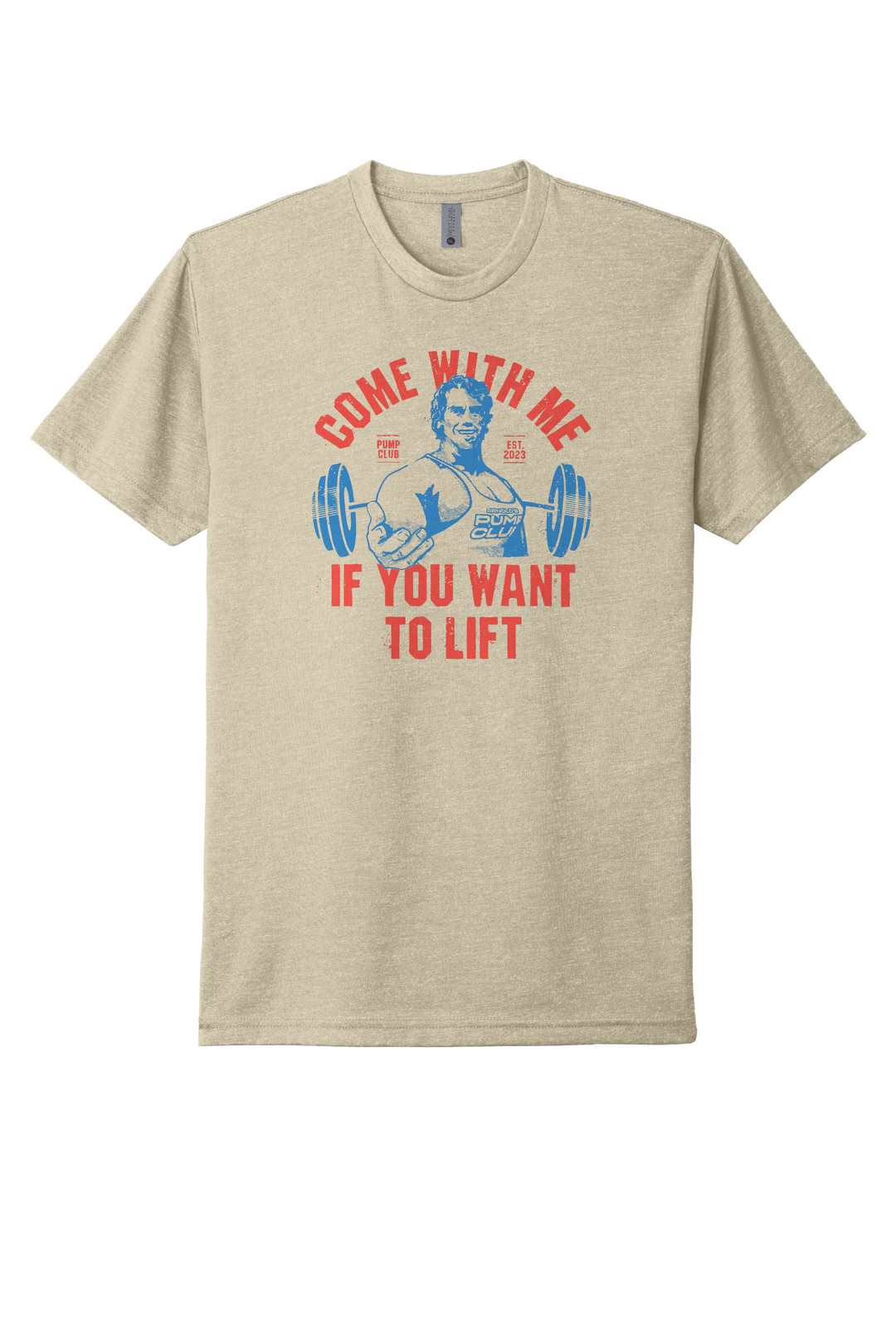The Pump Daily
Welcome back to the positive corner of wellness. Here’s a daily digest designed to make you healthier in less than 5 minutes.
Before we continue, our thoughts are with Damar Hamlin, his family and friends, and the players on the field of yesterday's game. Last night, people came together to raise a fortune for his old toy drive. You can contribute to his cause here.
Today’s Health Upgrade
A reason to drink more coffee
Three cheers for beers?
The magic sleep number
Pass the Caffeine, Please
Many people worry too much coffee is a bad thing. But, research says caffeine does your body good.
Research from the UK suggests that people who drink coffee and tea are 32 percent less likely to have a stroke and 28 percent less likely to suffer from dementia.
The research focused on survey data from 365,000 people over 11 years, so it’s either great data or a massive waste of a lot of people’s time. This latest study adds to the mounting pile of research that suggests coffees and teas are good for your health, so consider this another reason to pour yourself another cup.
The Hops That Give Hope
Scientists might appreciate beer more than you think. New research from Italy found that a compound in beer — hop flower extracts — might play a key role in the fight against Alzheimer’s.
The hops support the process of clearing out neurotoxic proteins that can lead to the disease. It’s a promising development, but more research is needed to determine how well it works. If you think this is your chance to drink more beer, not so fast. The alcohol won’t do your body any favors. The hops need to be extracted using a process similar to making beer — minus the buzz.
The 6-Hour Rule
You could easily argue that prioritizing sleep is as important — if not more important — than diet and exercise. A lack of sleep can disrupt every aspect of your health. Which begs the question: how much sleep do you need before your body breaks down?
According to research at Harvard, the benefits of sleep hit their peak between 7 and 9 hours per night. But, your body starts to fight against you when you get less than 6 hours.
The study looked at more than 68,000 people and found that those who slept less than 6 hours a night weighed an average of 5 pounds more and were 15 percent more likely to be overweight than those who slept more than 7 hours a night.























































